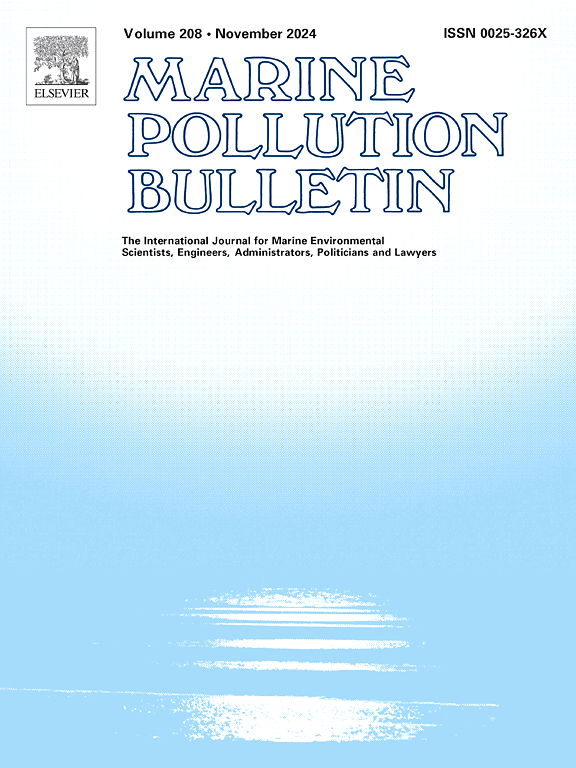识别和解决总污染物捕集池维护中的挑战:来自澳大利亚雨水行业的观点
IF 4.9
3区 环境科学与生态学
Q1 ENVIRONMENTAL SCIENCES
引用次数: 0
摘要
从雨水中清除污染的常见方法是安装总污染物收集器(GPT)。然而,GPT 通常得不到有效维护,导致污染累积,并使更多污染绕道进入自然环境。为了探究 GPT 并未始终得到维护的原因,我们采用方便的非概率抽样方法对澳大利亚雨水行业的代表(n = 94)进行了调查。从受访者的角度来看,妨碍 GPT 维护的最大障碍包括缺乏资源、不维护 GPT 的后果以及 GPT 维护的优先级较低。解决这些障碍,再加上引入全国性标准,是排名最靠前的改进策略。此外,大多数受访者同意现有的雨水治理结构。不过,他们也提出了改进治理的建议,如雨水征收的实用性和雨水治理的一致性。全行业为应对当前挑战所做的努力很可能会改善 GPT 的维护,最终减少未经处理的雨水进入自然环境。本文章由计算机程序翻译,如有差异,请以英文原文为准。
Identifying and addressing challenges in gross pollutant trap maintenance: perspectives from the Australian stormwater industry
A common approach to removing pollution from stormwater is through the installation of gross pollutant traps (GPTs). However, GPTs are often not maintained effectively, leading to pollution accumulation and additional pollution bypassing into natural environments. To explore why GPTs are not always maintained, we surveyed representatives from the Australian stormwater industry (n = 94) using convenience non-probability sampling. Collectively, the largest barriers preventing GPT maintenance from respondent perspectives included a lack of resources, a lack of consequences for not maintaining GPTs, and the low priority of GPT maintenance. Addressing these barriers, plus introducing nationwide standards, were the top ranked improvement strategies. Furthermore, most respondents agree with the existing structure for stormwater governance. However, they suggest governance improvements, such as the usefulness of a stormwater levy and aligning stormwater governance. Industry-wide efforts to address current challenges will likely lead to improved maintenance of GPTs, ultimately resulting in less untreated stormwater entering natural environments.
求助全文
通过发布文献求助,成功后即可免费获取论文全文。
去求助
来源期刊

Marine pollution bulletin
环境科学-海洋与淡水生物学
CiteScore
10.20
自引率
15.50%
发文量
1077
审稿时长
68 days
期刊介绍:
Marine Pollution Bulletin is concerned with the rational use of maritime and marine resources in estuaries, the seas and oceans, as well as with documenting marine pollution and introducing new forms of measurement and analysis. A wide range of topics are discussed as news, comment, reviews and research reports, not only on effluent disposal and pollution control, but also on the management, economic aspects and protection of the marine environment in general.
 求助内容:
求助内容: 应助结果提醒方式:
应助结果提醒方式:


